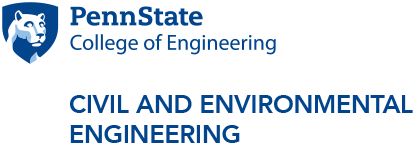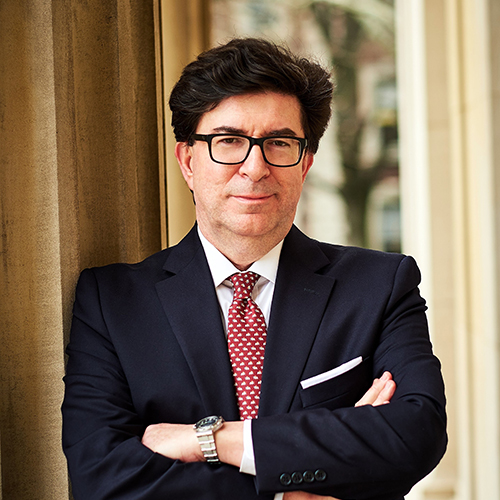CEE Virtual Seminar Series: George Deodatis
The recording for this seminar is now available.
Combined Effects of Sea Level Rise and Hurricanes on NYC’s Built Infrastructure: Optimal Adaptation Strategies
Abstract: The presentation addresses the threat from the combination of sea level rise and storm-induced flooding to interdependent infrastructure, including its above- and below-ground components. The ultimate objective is to establish optimal adaptation/mitigation strategies given a prescribed budget. Strategies in this context include, but are not restricted to, building sea-walls or other physical protective mechanisms, as well as strategic retreat. The methodology used optimizes strategies to maximize their protective abilities over time and space constrained by budgetary considerations. The methodology consists of four conceptual steps:
- Formulate a new strategy for adaptation
- Computationally determine flooding levels given an ensemble of randomly generated storms representing the likely threat and future sea-level rise
- Estimate the damage over the ensemble to the infrastructure considered
- Using appropriate metrics, evaluate the relative suitability of a given strategy including cost and social acceptability
This process repeats iteratively until a sufficiently optimal strategy is found. Interviews with key stakeholders are an important component of the methodology design and implementation. Interviews inform the identification of critical components of the infrastructure and the interdependencies among them that could be affected by coastal flooding, assist in the design of the optimization metrics, and assess how well the output of the methodology matches stakeholder expectations. The methodology is validated using New York City's complex infrastructure and recent events.
Biography: Professor George Deodatis received his diploma in civil engineering from the National Technical University of Athens in Greece in 1982. He holds master's and doctoral degrees in civil engineering from Columbia University, received in 1984 and 1987 respectively. He started his academic career at Princeton University where he served as an assistant professor and associate professor with tenure. He moved to Columbia University in 2002 where he served as an associate professor and professor. He currently holds the Santiago and Robertina Calatrava Family Endowed Chair at the Department of Civil Engineering and Engineering Mechanics at Columbia University. He served as department chair from 2013 to 2019 (two terms). His research interests are in the area of probabilistic methods in civil engineering and engineering mechanics, with emphasis on risk analysis and risk management of the civil infrastructure subjected to natural and man-made hazards (including earthquakes, floods and climate change). He has received the National Science Foundation Young Investigator Award, the International Association for Structural Safety and Reliability Junior Research Prize, and the American Society of Civil Engineers Walter Huber Research Prize. He is a fellow of the Engineering Mechanics Institute of the American Society of Civil Engineers. In 2009, he was elected President of the International Association for Structural Safety and Reliability for a four-year term. In 2017, he was elected president of the Engineering Mechanics Institute of the American Society of Civil Engineers for a two-year term. While on the faculty at Princeton University, he was awarded the President's Award for Distinguished Teaching, Princeton's highest teaching honor. At Columbia University, he has received the Presidential Award for Outstanding Teaching and the Great Teacher Award from the Society of Columbia Graduates, Columbia's highest teaching honors.
Additional Information:
Click here to register for this seminar.
Event Contact: Tim Schley




